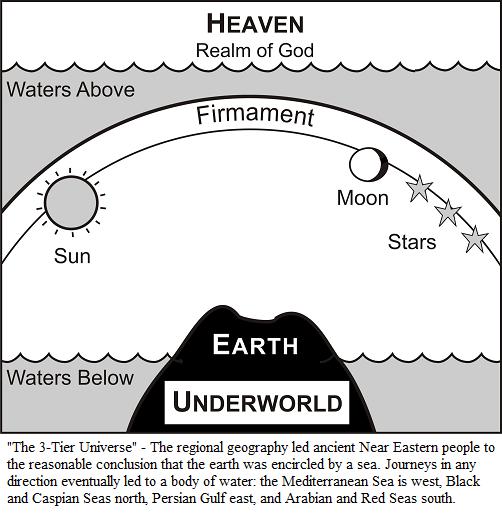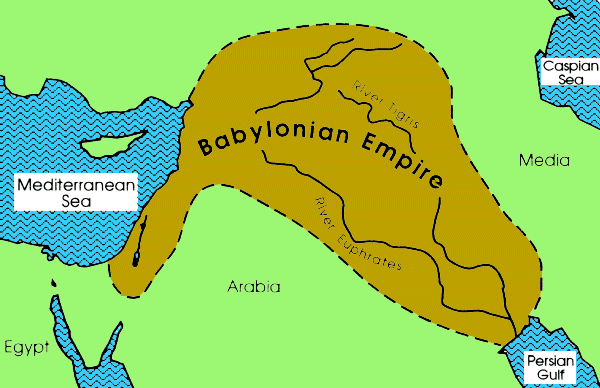Cal wrote:
Originally Posted by
Papias

...It sounds like you are saying that the translation, even if it is the best that could be done, is misleading. If that's the case, than how can a straight english reader be confident of anything they read in their chosen Bible? Or even have confidence they chose the right Bible out of the many out there, many of which have different whole books?
The idea that the earth means land is explicit in scripture. You don't need any training in hebrew or greek to pick up on this. Explicitly, it is stated as separate from the sea. Over and over and over, this is the case.
Gen. 1:10 And God called the dry land Earth, and the gathering together of the waters He called Seas.
It's really a no brainer.
But translation has "earth", and in many of the verses, it is clear that it is talking about more than just the land. You didn't answer the question of why the "fact" you are claiming that we can go by what the translation says somehow means that we can go by what the translation says.
Not at all, for the bible says that the whole land was covered everywhere under the heavens.
Gen. 7:19 And the waters prevailed exceedingly on the earth, and all the high hills under the whole heaven were covered.
That langue makes a local flood under one small portion of the sky impossible.
Cal, I hate to break it to you, but you can't have it both ways. If you are going to say "earth" means "only land local enough to be flat", then you have a local flood.
Originally Posted by
Papias

That's not what the Biblical scholars, who have studied this their whole lives, say. It's clear for a number of reasons, both the word itself and other verses in the Bible, as well as traditional Christian interpretation, that it is a solid dome. Heck, in Job it even explicitly says it is hard.
Sorry, the firmament is explicitly called heaven. Heaven is the name of the firmament created in Gen. 1.
Gen. 1:8 And God called the firmament Heaven. So the evening and the morning were the second day.
It's as explicit as can be. To call it a solid barrier between heaven and earth is not a literal translation.
Sure it is. "raqiya" literally means "beaten metal".
Originally Posted by
Papias

The Bible describes the sky (firmament -- literally "metal flattened by a hammer"- Gen 1:6-8, 1:14-17) as a solid dome, like a tent (Isa 40:22, Psa 19:4, 104:2), that is arched over the surface of the earth. It also has windows to let rain/snow in (Gen 7:11, 8:2, Deut 28:12, 2 Kings 7:2, Job 37:18, Mal 3:10, Rev 4:1). Ezekiel 1:22 and Job 37:18 even tell us that it's hard like bronze and sparkles like ice, and can be removed (Rev 6:14). Taken literally, as the YECs insist we do, these verses show a solid sky above us. And again, many Christians in history have interpreted it as such.
Papias
This is taken from vague etymological arguments from an obscure passage in Ezekiel. I never understood why some "scholars" do this, when the term is explicitly define in Genesis 1, where it's first mentioned. If you want to know what the raqiya is, just study what heaven is.
So because you don't like the scholar's conclusion, and don't have the background and understanding they have, you pretend your preference carries more weight than their studied conclusion?
More importantly, as shown above, it's not just "one obscure verse", meaning "one verse I wish I could ignore", but plenty of verses that all agree, and not only that, agree with what the word raqiya means in Hebrew.
Most importantly, in addition to understanding of Bible Scholars and the agreement of all these verses, your construction of "the land" doesn't work anyway, because the lands involved are too big to be flat anyway. They including north africa, the middle east, turkey, and the enclosed bodies of water like the easter end of the mediterranean. A "tent" or dome over them still wounldn't work, and they wouldn't be "flat like clay pressed under a seal".
Papias






